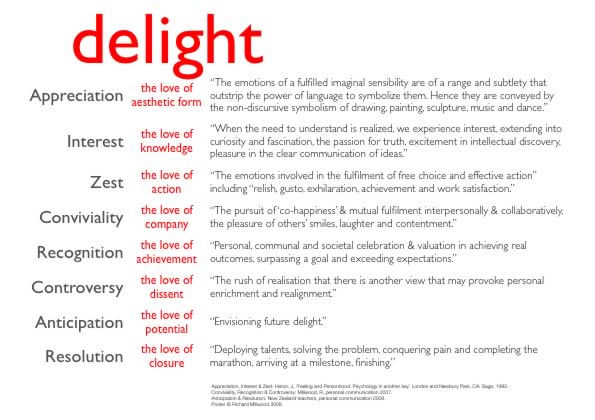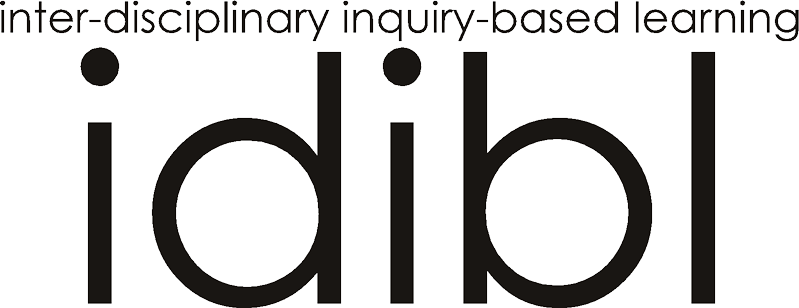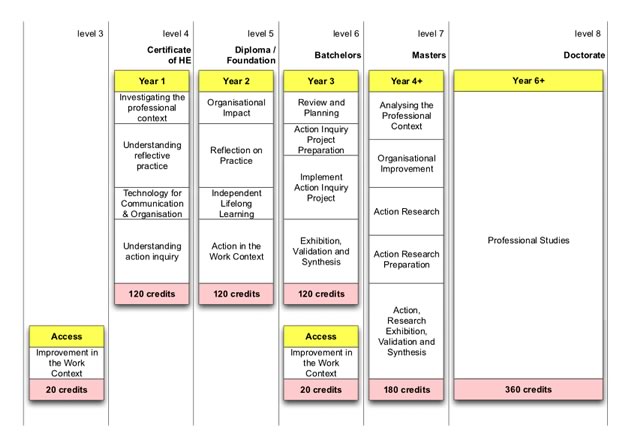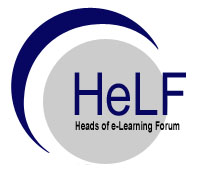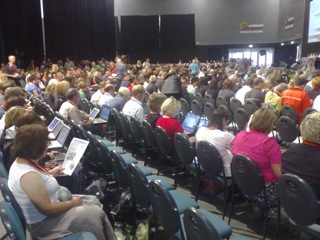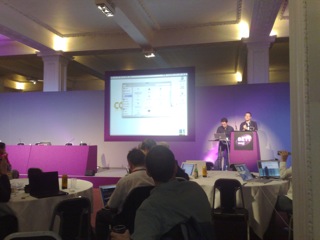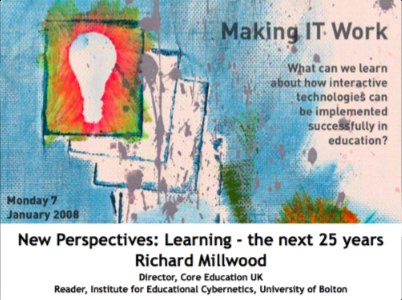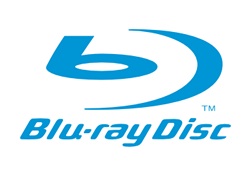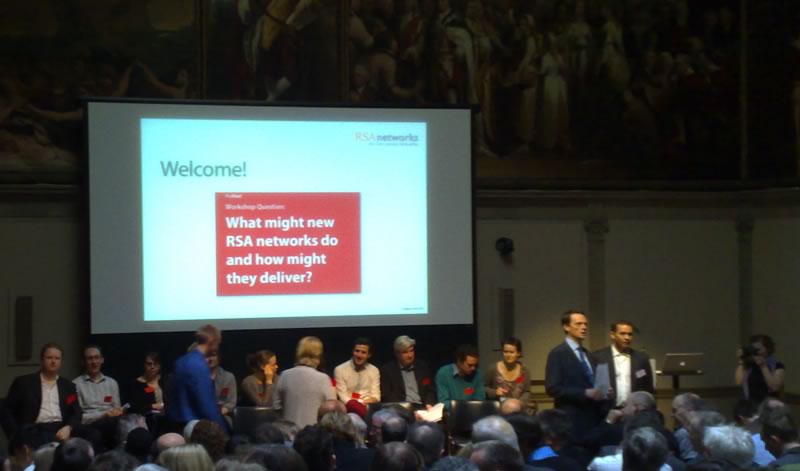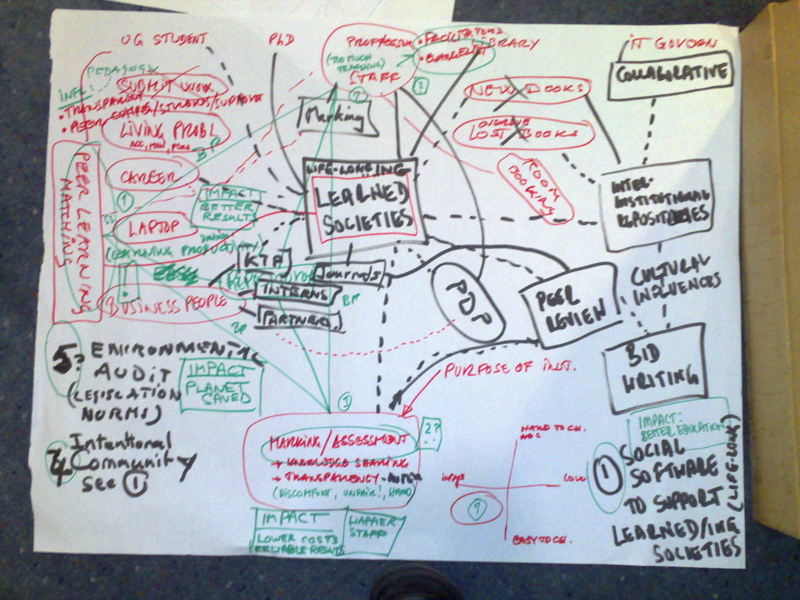My first post about TeachMeet was a hurried blog in case Ewan offered a prize for the first person to Blog the event!
More reflection, and waiting until the end, allows a more thoughtful blog which fills in some of the blanks.
Blank 1 – why speak about delight?
It was delightful to be able to speak about delight, and to discuss with colleagues in the breaks to ‘orient’ my thinking about this important topic.
I failed to say that I care to make an analysis of delight for many reasons:
- I feel the need to put some intellectual effort into a mantra, ‘delight is important in learning’, which I have been chanting uncritically for over fifteen years.
- I believe delight is one of the sources of motivation, perseverance and retention which softens the pain of the ‘hard yards’ in learning.
- I believe delight (and more generally fulfilment) is an entitlement for learners, as they learn, not when they pass exams.
Blank 2 – what a stonking set of presentations!
I failed to mention the wealth of speakers and the high quality of their ideas and practices on parade. Egocentrically, and only after Drew Buddie had pointed it out, I was struck by the chickens coming home to roost from Ultralab‘s and Apple Teacher Institute work in the early ‘noughties’, such as movie making and stop-motion animations around social and serious issues. More moving were the confident presentations from folk like Sarah Hackett on using Moodle to teach folk fiddle and Tom Whitehead on animal shape poetry workshops, both researchers from Ultraversity, these along with many others were inspiring.
Blank 3 – FlashMeeting
I had volunteered to be the meeting end of an online video-conference for those who couldn’t be arsed couldn’t get to Redbridge. 🙂 Thanks to David Noble, Anthony Evans and Nic Hughes for making it all so easy. It seemed to work well, using FlashMeeting and connecting my Apple MacBook Pro to a Canon digital video camera with a firewire cable and using a directional microphone to get the best quality – I rely on reports from participants as to whether this was effective and I apologise now for the time through the break when I went to get a beer and got cornered in the bar – I came back to find the camera pointing at the ceiling! I only regret not carrying through my original plan to use a second data projector so that the audience in the building could see the participants out there and perhaps respond to their questions and comments. Next time.
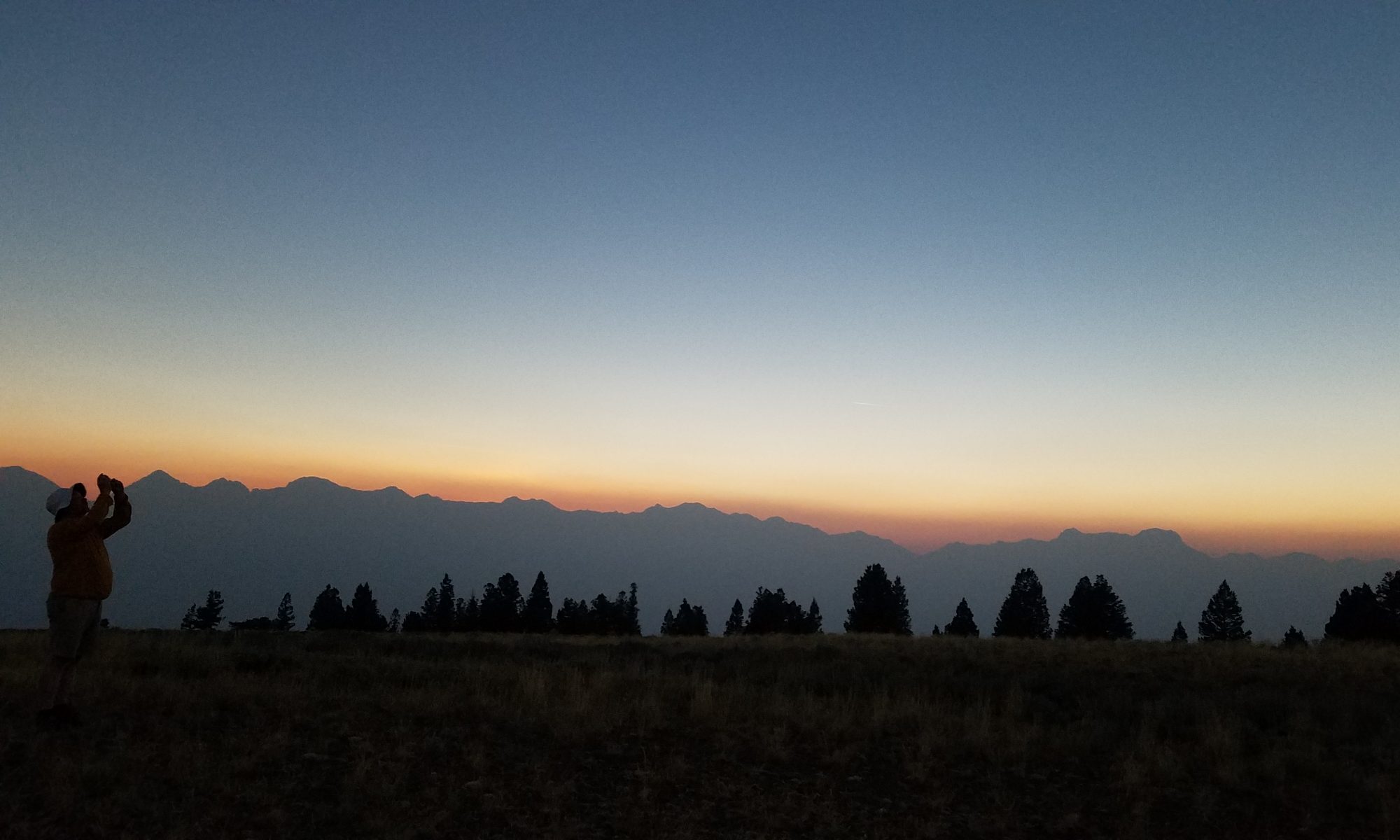
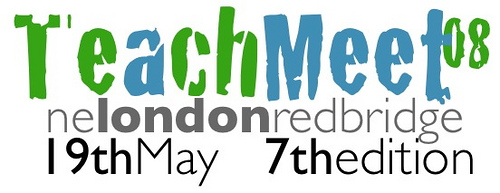
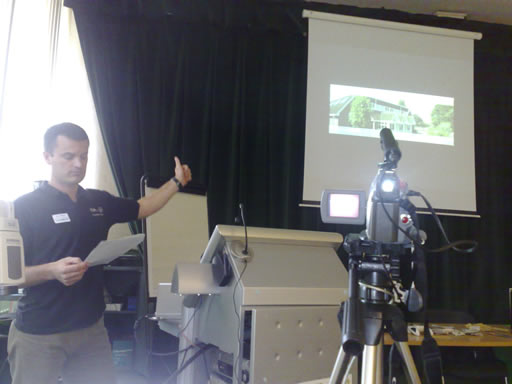 Great fun here in Redbridge Teachers’ Centre, free beer, good conversation and interesting ideas. As Ewan put it “Butlins for geeks”
Great fun here in Redbridge Teachers’ Centre, free beer, good conversation and interesting ideas. As Ewan put it “Butlins for geeks”